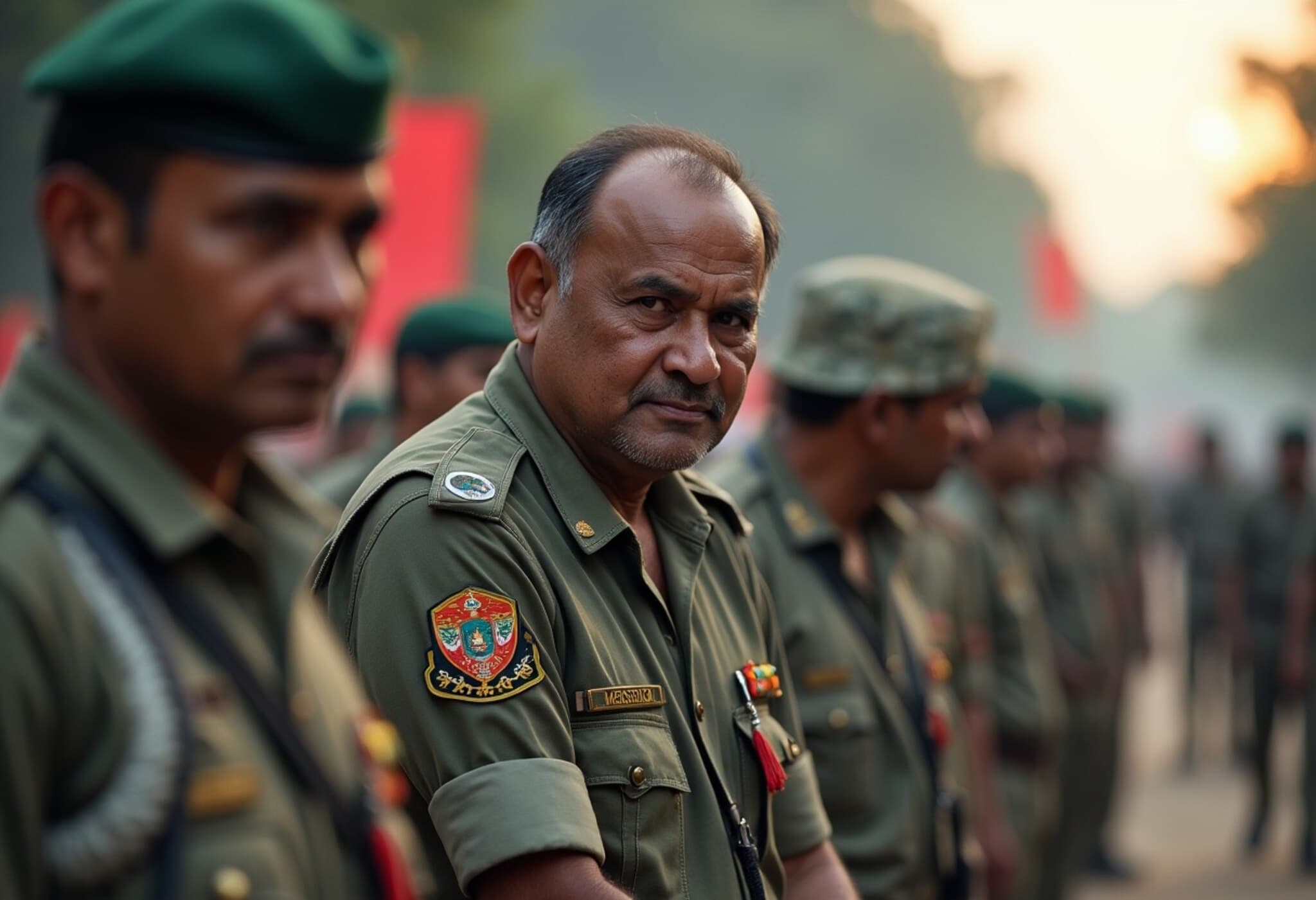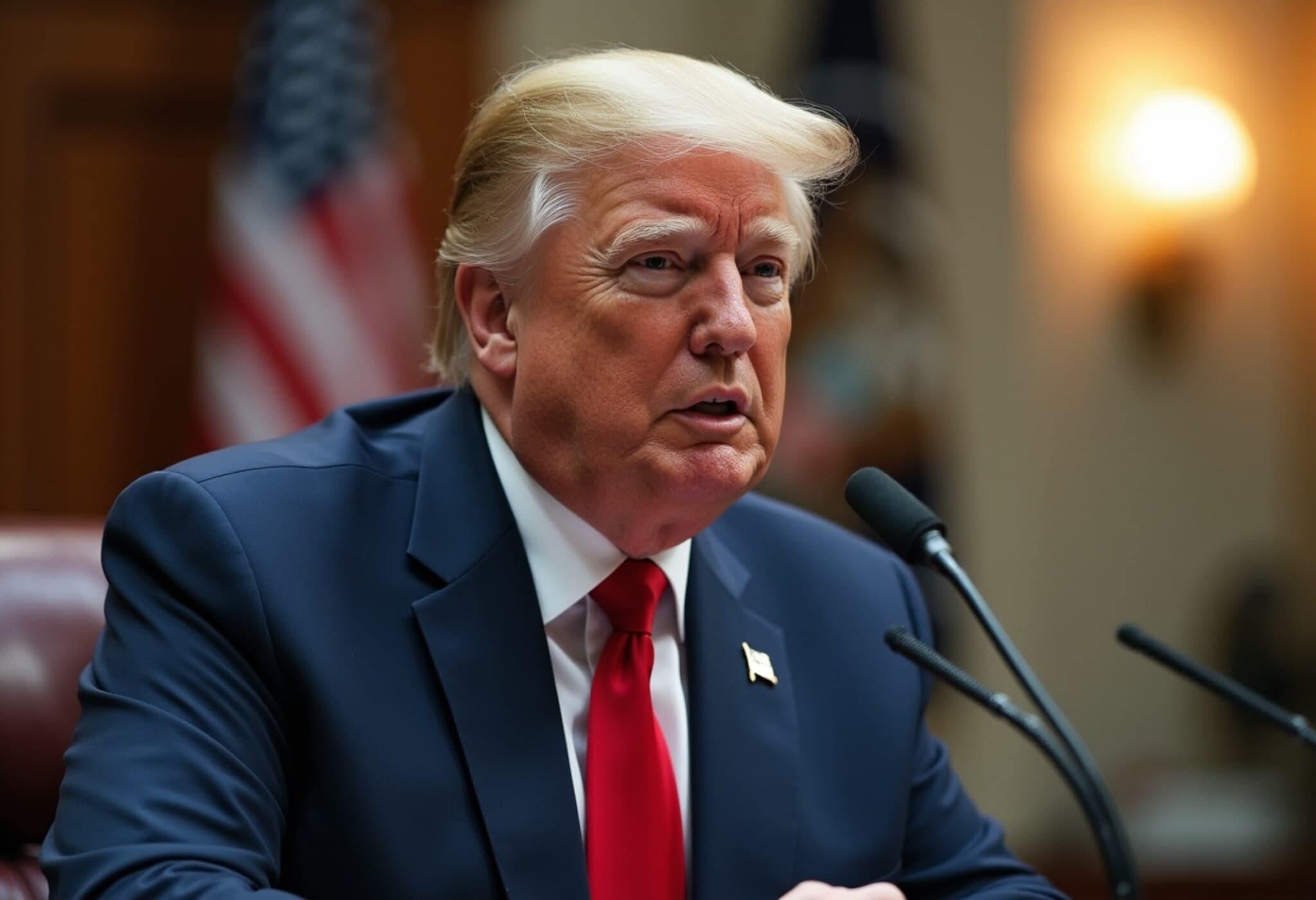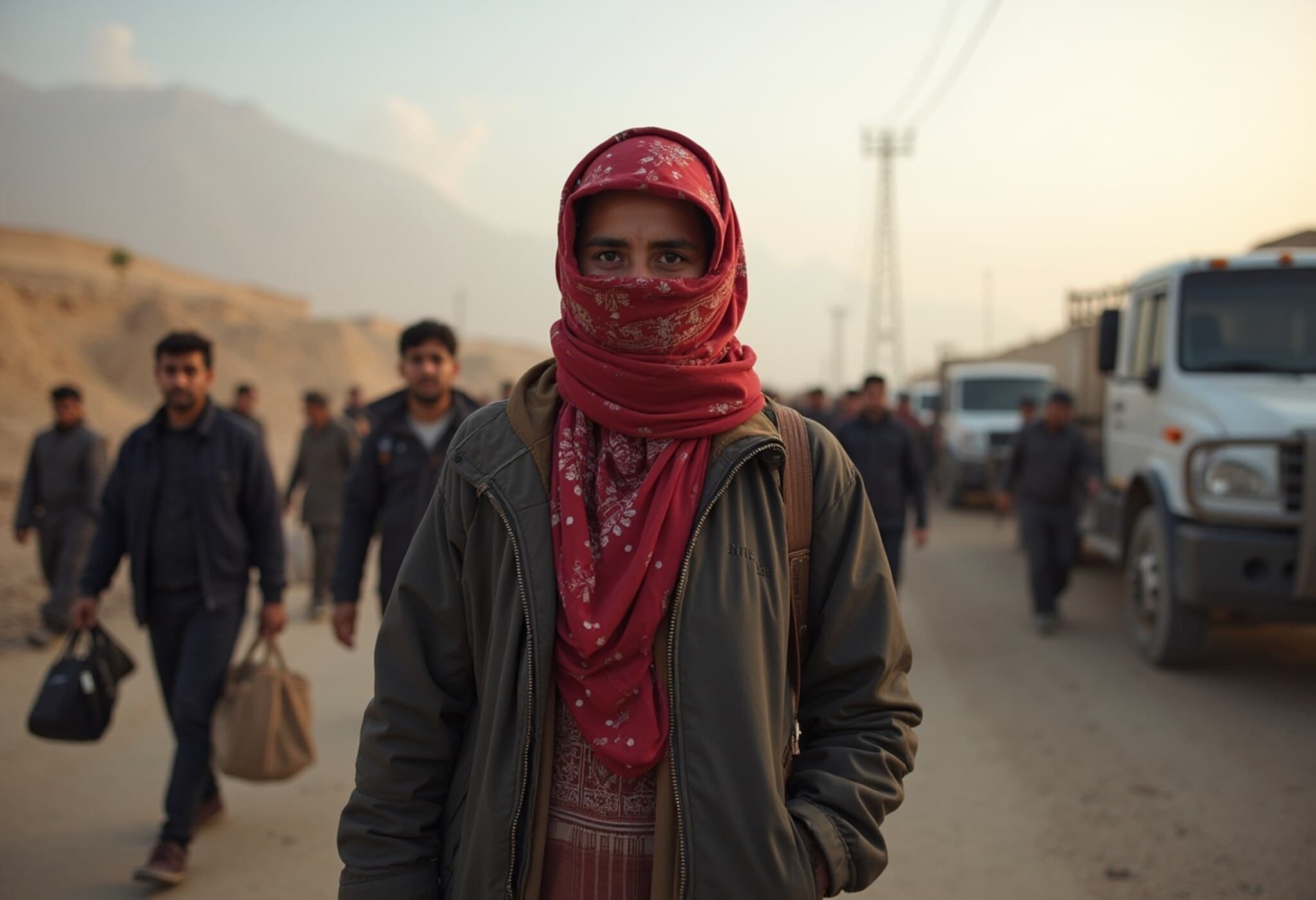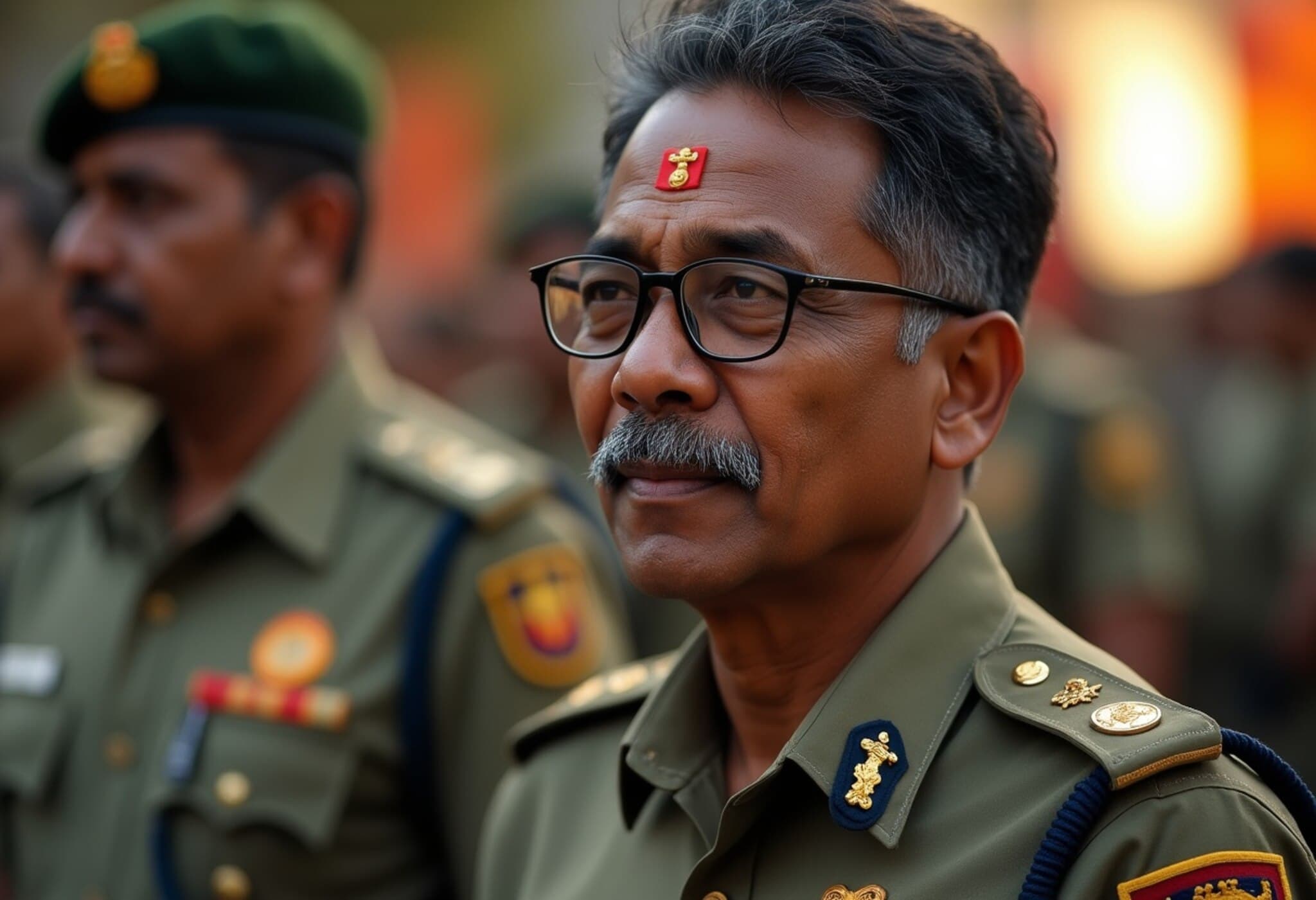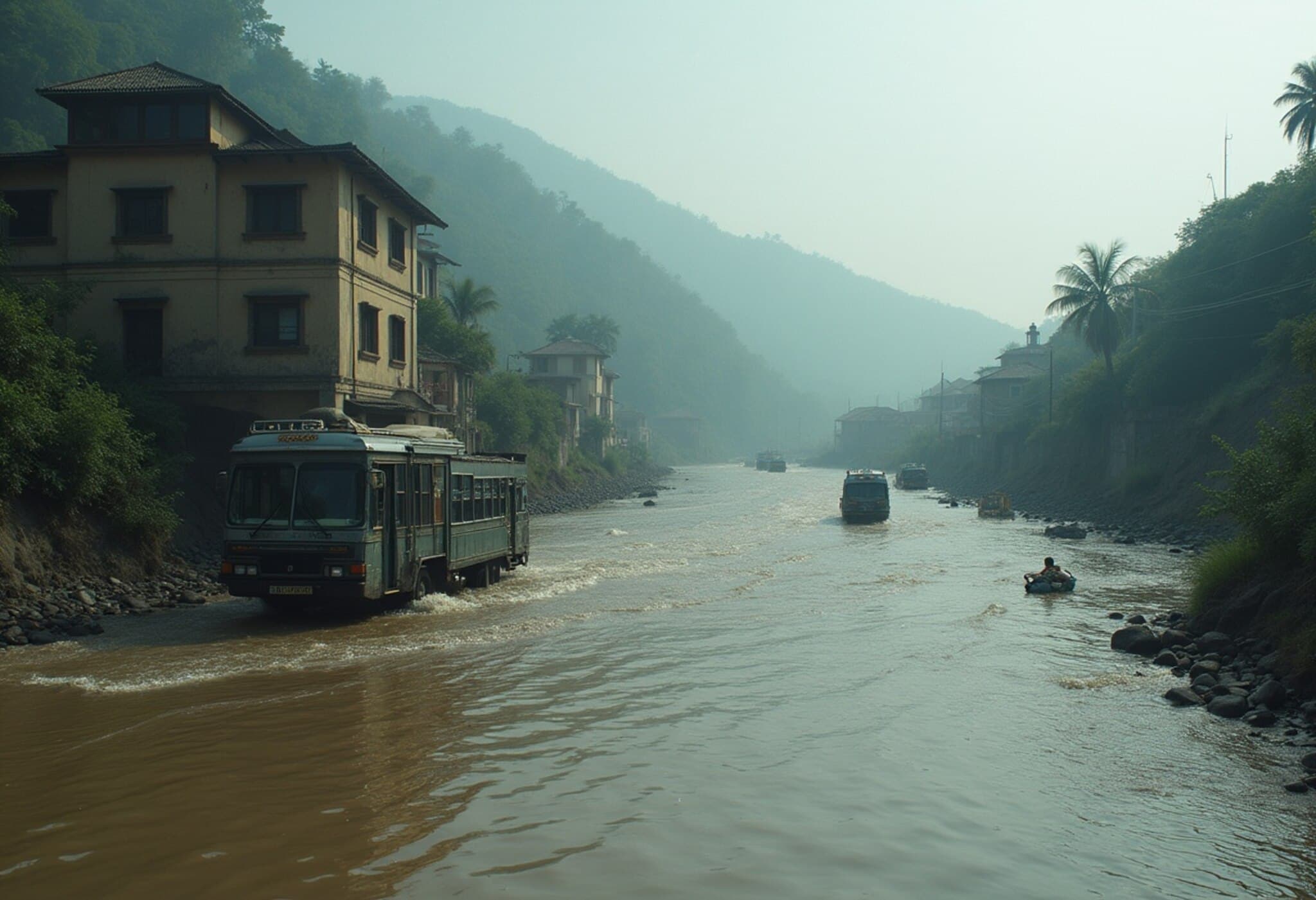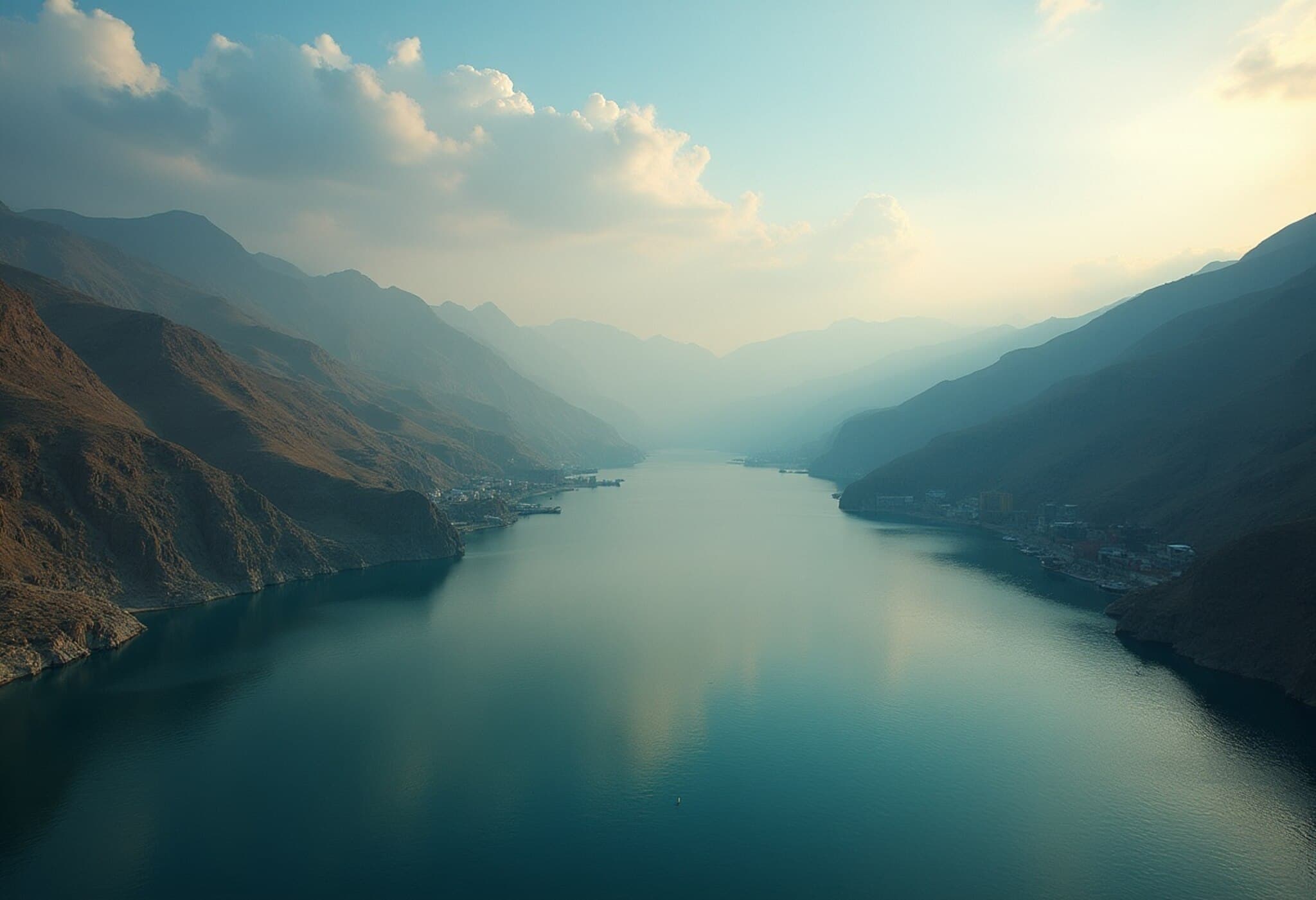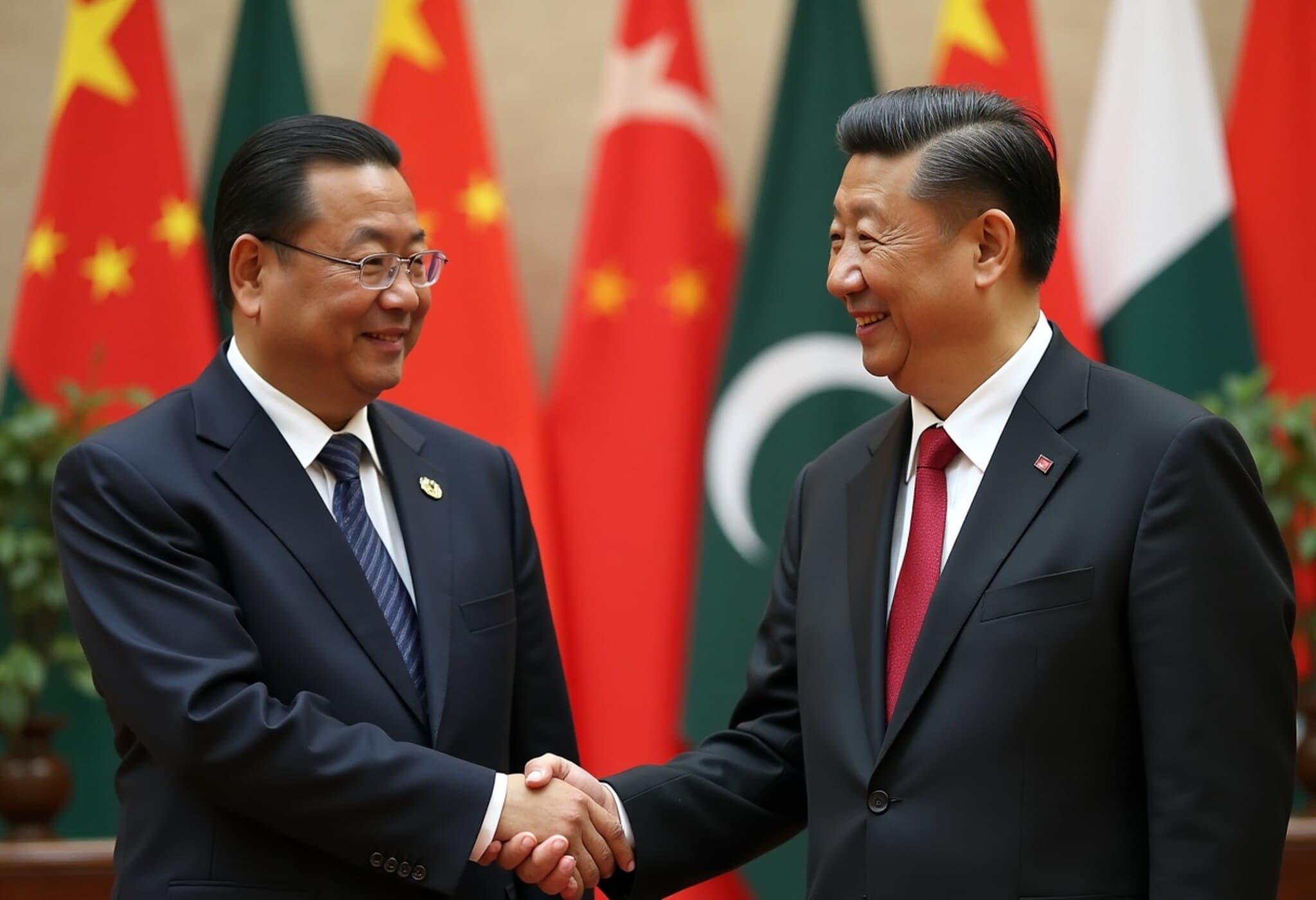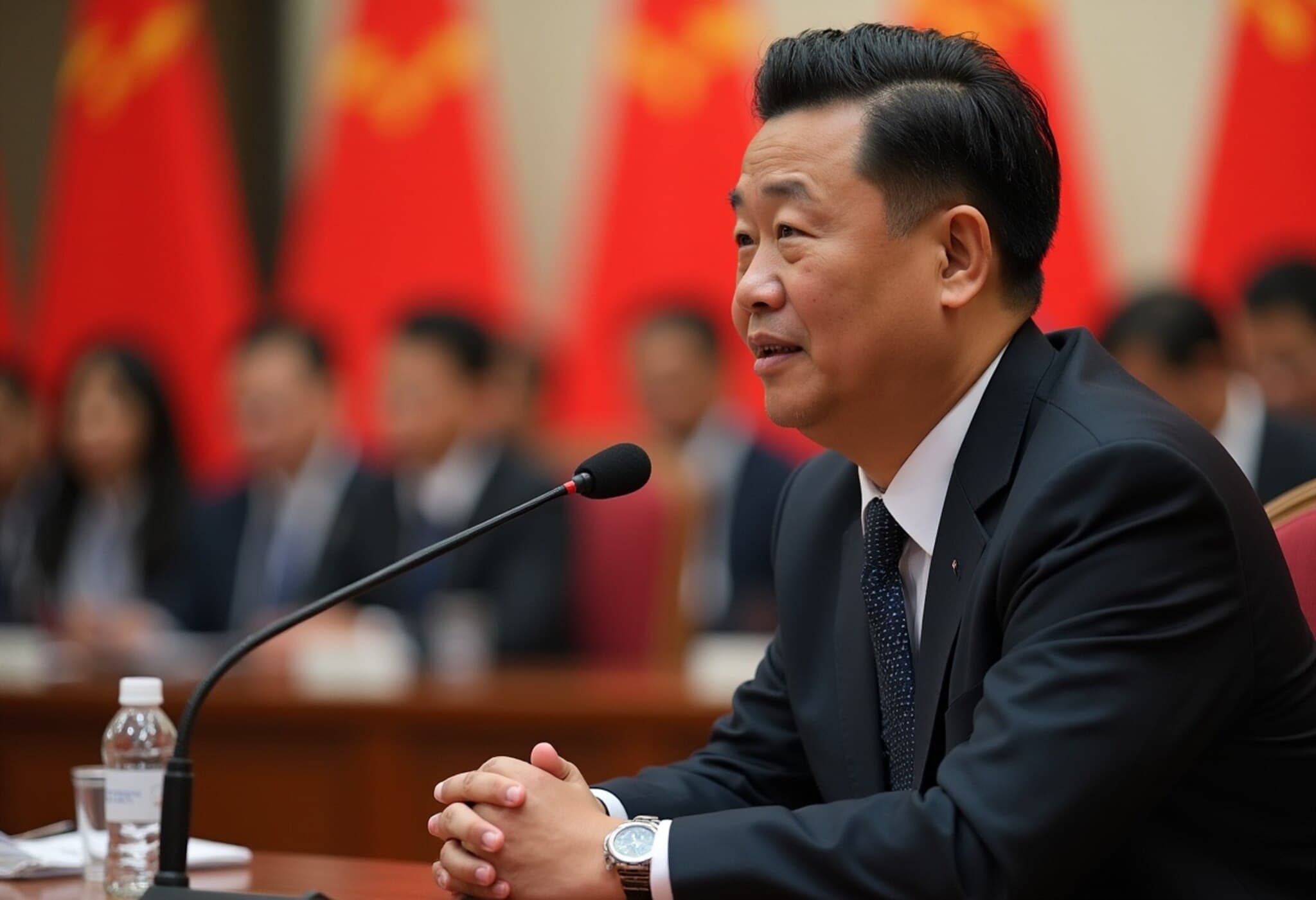Bangladesh Highlights Alleged Border Violations by Indian Forces
In a recent, pointed statement, Md Touhid Hossain, Bangladesh’s foreign affairs adviser, has accused India of continuing “push-ins”—the unauthorized movement of people back into Bangladesh from Indian territory—signaling a sharp criticism of New Delhi’s border management practices. Speaking from Dhaka, Hossain emphasized that these actions directly violate established bilateral agreements on repatriation between the two countries.
What Are 'Push-Ins,' and Why Are They Contentious?
The term push-ins refers to instances where individuals crossing the India-Bangladesh border are forcibly returned into Bangladesh without going through the mutually agreed protocols that involve prior identification and an exchange of repatriation lists. This bypasses the formal cooperation mechanism designed to handle border crossings with dignity and legality.
Hossain stressed this point: "Push-in bypasses this process and is a clear violation of rules."
Border Killing Claims Fuel Diplomatic Strain
Adding fuel to the fire, Hossain openly criticized the Border Security Force (BSF) of India for alleged killings along the shared border. He underscored that no border security personnel have legal authority to shoot and kill individuals merely for crossing border laws and called for accountability under Indian judicial frameworks.
"Those responsible should be held accountable under Indian laws," Hossain remarked, emphasizing the necessity of human rights observance and due process even in border enforcement.
Historical and Geopolitical Context
The India-Bangladesh border stretches nearly 4,096 kilometers, making it one of the longest international boundaries in South Asia. It is a complex mosaic of rivers, enclaves, and rural communities with deep socio-cultural ties. Over decades, the border has been a flashpoint for unrest due to smuggling, illegal crossings, and sometimes violent encounters between border patrols.
The issue of illegal migration and refugees has long complicated bilateral relations. While the India-Bangladesh Land Boundary Agreement (LBA) of 2015 was a landmark in addressing enclaves and border disputes, incidents like illegal push-ins and extrajudicial killings have cast shadows over peaceful cooperation.
Expert Insight: Navigating Border Security and Human Rights
Experts in South Asian geopolitical affairs note that border management requires a delicate balance between national security and human rights. Dr. Arjun Chatterjee, a regional policy analyst, explains:
"Border enforcement agencies are often under pressure to contain illegal crossings, but any resort to lethal force without transparent investigation undermines trust and damages diplomatic ties. The repeated allegations of push-ins suggest gaps in India’s adherence to repatriation protocols, which should be urgently addressed through bilateral dialogues and monitoring mechanisms."
The Road Ahead: Calls for Dialogue and Accountability
Md Touhid Hossain affirmed Bangladesh’s commitment to raising these concerns persistently through diplomatic channels. He stated, "We have been regularly protesting such incidents and we will keep continuing the protest."
Human rights organizations and regional watchdogs are also calling for joint investigations into border killings and appeal for enhanced transparency in managing migration and security issues along the border.
Key Questions Remaining
- How will India respond to repeated accusations of push-ins and border killings?
- Can both nations enhance cooperation mechanisms to ensure humane treatment of border crossers?
- What role can international agencies play in monitoring and mediating these disputes?
Conclusion: The Border as a Mirror of Broader Relations
The developments along the India-Bangladesh border underscore the fragility and complexity inherent in managing neighboring countries sharing a porous boundary. While security concerns are valid, respect for human rights and adherence to international agreements remain crucial for fostering long-term peace and cooperation in South Asia.
This evolving situation invites readers and policymakers alike to reflect on the human dimension of border conflicts often overshadowed by political rhetoric. As Bangladesh calls attention to alleged violations by Indian forces, the international community’s engagement and transparent conflict resolution may prove essential in preventing escalation and promoting regional stability.

